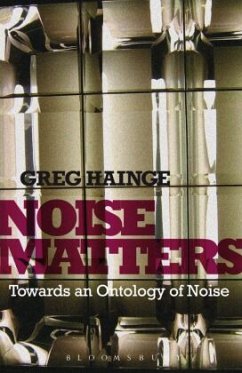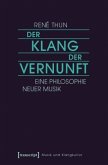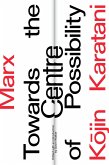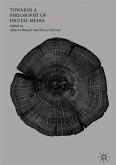Everyone knows what noise is. Or do they? Can we in fact say that one man's noise is another teenager's music? Is noise in fact only an auditory phenomenon or does it extend far beyond this realm? If our common definitions of noise are necessarily subjective and noise is not just unpleasant sound, then it merits a closer look (or listen). Greg Hainge sets out to define noise in this way, to find within it a series of operations common across its multiple manifestations that allow us to apprehend it as something other than a highly subjective term that tells us very little. Examining a wide range of texts, including Sartre's novel Nausea and David Lynch's iconic films Eraserhead and Inland Empire, Hainge investigates some of the Twentieth Century's most infamous noisemongers to suggest that they're not that noisy after all; and it finds true noise in some surprising places. The result is a thrilling and illuminating study of sound and culture.
The originality of Hainge's work is in its philosophical method...He systematically unpacks noise to reveal its complexity, and its materiality in the virtual and actual worlds. Traversing many rich and wide-ranging topics, his book moves beyond the potential traps of falling into truisms, offering a highly nuanced reading of noise in all its materializations. Sally MacArthur, University of Western Sydney, Australia Musicology Australia




